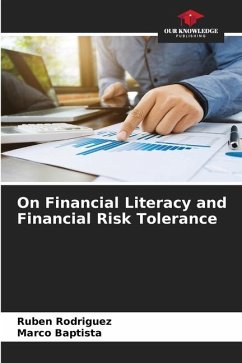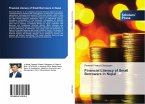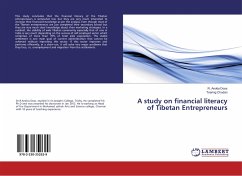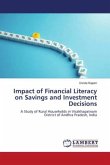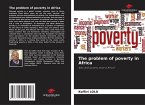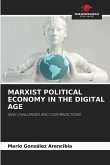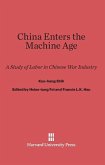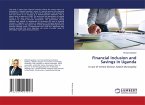The present research was delivered as a final degree work to opt for the Master's Degree in Business Administration (MBA) of the Instituto de Estudios Superiores de Administración (IESA) in Caracas Venezuela for the year 2019. This study considers the conceptual description of Financial Literacy, Financial Risk Tolerance and the methodologies to measure its impact. A survey of information was made in the populations of graduate students and graduates of the Master of Finance Administration of IESA to determine the variations and behavior in decision making considering the demographic variables of level of education, age and sex. It is observed that financial decision making is, intrinsically, situations that can have an impact on high or low financial risk results depending on the individual's level of preparation and would have, indirectly, repercussions on the financial state of a society. Financial Literacy is, increasingly, an element that occupies an important place in the educational agenda of a country to motivate the best performance of its inhabitants.
Bitte wählen Sie Ihr Anliegen aus.
Rechnungen
Retourenschein anfordern
Bestellstatus
Storno

